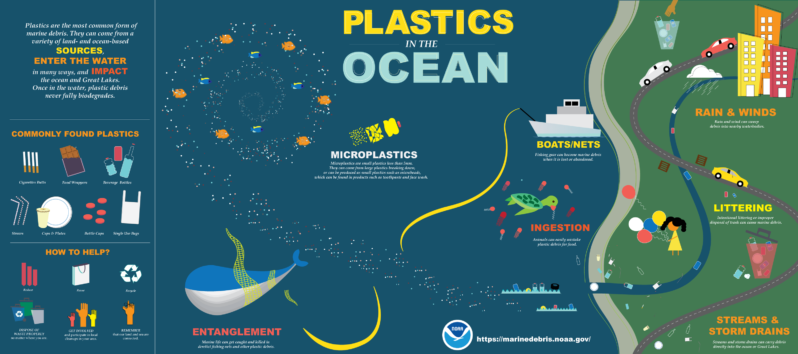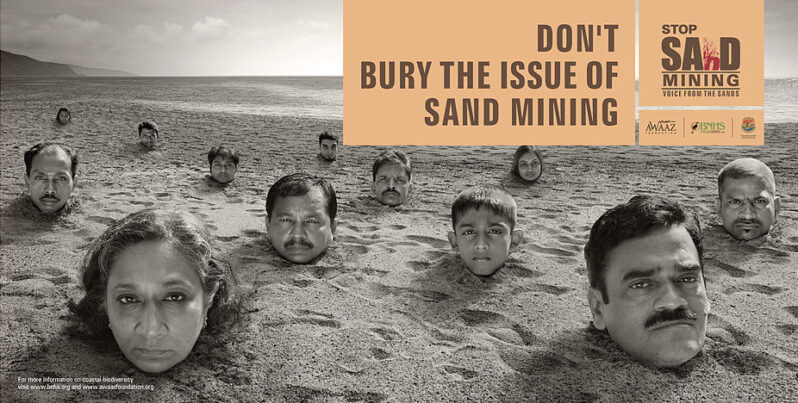Plastic in the Depths: how pollution took over our oceans – The Guardian

By now, it is well known that the oceans swirl with plastic. More than 8m tonnes pour into the seas every year, spewed out via rivers, dumped along coastlines or abandoned by fishing vessels. Plastic even contaminates ocean air, where particles are kicked up by spray and then blown about the planet by the wind. In many places on Earth, it is literally raining – and snowing – plastic.
Why beach sand mining is so dangerous – Times of India

Beach sand mining has been illegal since 1991 when the Coastal Regulation Zone Rules were first notified thirty years ago. Although illegal mining on beaches has continued nevertheless, the scale has been comparatively lesser than in rivers, where it has devasted entire swathes of land and water. Major Indian rivers like the Ganga, Yamuna, Godavari and Kaveri face existential threat…
